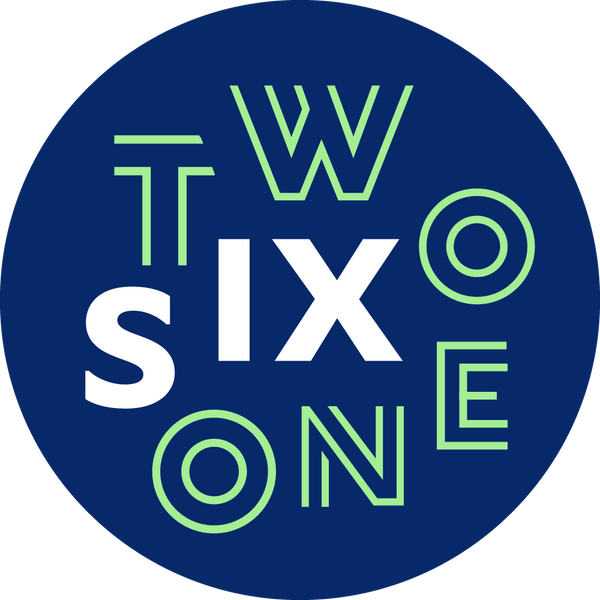Ep 11 - Joan Benoit, first marathon gold medalist at the 1984 Olympics
In 1984, she became the first woman to win the gold medal in the marathon at the Olympic Games, an event long reserved for men.
At that time, female participation in endurance events was still a matter of debate.
Who is Joan Benoit?
Born on May 16, 1957, in Maine, Joan Benoit showed an interest in running at an early age, despite a time when opportunities for women in this field were limited.
This long-distance enthusiast, with a rather petite stature (1.57m and 46kg), has dedicated herself entirely to running. She decided to give up her position as track coach at Boston University to focus entirely on her training. She runs nearly 200 kilometers per week, always alone, to acclimate herself to the extreme suffering that can overwhelm anyone during a marathon.
Her victory in the Boston Marathon in 1979, and again in 1983, where she broke the world record, made a lasting impression, although she was the subject of skepticism about the legitimacy of her performance. Indeed, in 1983, sporting misogyny did not seem to have completely disappeared, with some commentators questioning the actual distance of this marathon, pointing out that the wind was blowing at the competitors' backs...
We can well imagine that their egos took a hit when faced with the performance: 2h22min43s to cover the 42km195.
In comparison, the 2024 Paris Marathon was won by Mestawut Fikir in 2h20min45s.
When the U.S. Olympic trials arrived the following year, she was just recovering from knee surgery she had undergone three weeks earlier after injuring herself in training.
However, she won the trials by a safe margin and her previous outings were enough to place her among the favorites.
1984, Los Angeles Olympic Games: The first women's marathon of the games.
On August 5, 1984, in sweltering heat, Joan Benoit lined up at the starting line of the women's marathon at the Los Angeles Olympic Games, a historic moment since it was the first time that this event was open to women.
The women's marathon had never before enjoyed the honors of a modern Olympic Games and had previously been rarely run due to its supposed health risks.
The early 1980s marked a turning point. While women were already competing in marathons outside of international competitions, they remained excluded from events over 1,500 meters. The inclusion of the women's marathon at the Olympic Games represented a significant shift in the recognition of female athletes.
The Norwegians Grete Waitz and Ingrid Kristiansen, as well as the Portuguese Rosa Mota, are among the favorites.
Despite the odds, she ran a masterful race. As she entered the Los Angeles stadium, she took off her white cap and waved it to thank the crowd, then entered the final stretch just as a disappointed Grete Waitz entered the stadium in second place.
Joan Benoit crossed the finish line to a deafening roar, making history as the first female Olympic marathon champion. Grete Waitz followed a minute and a half behind, and Rosa Mota took bronze.
Her victory, in 2 hours, 24 minutes, and 52 seconds, was not only a personal achievement, but also a victory for all women. This performance was widely publicized, changing public perception and encouraging greater respect and recognition for female athletes in the world of sport.
On the media side, Kathrine Switzer is of course present. She joins the spectators in applauding the winner.
A symbolic victory
Benoit's victory resonated far beyond her time, proving that women could excel in the marathon and opening the door to new opportunities for female athletes everywhere. Her achievement remains a testament to female courage and perseverance, setting a precedent for future generations.
For the record, 40 years after her first participation in the Boston Marathon, she ran the 42km195 in 3h04. She is 61 years old.
" To be here 40 years later and still be able to run a marathon, I feel blessed ," she explained upon arrival.
